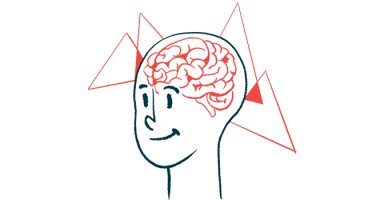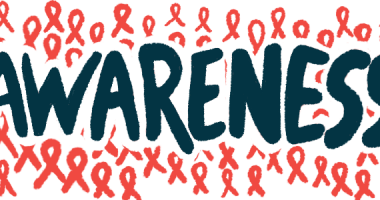As Children Grow Up and Gain Weight, Family Life Suffers, Study Reports

As children with Prader-Willi syndrome (PWS) age, gains in weight are among concerns that considerably affect both their quality of life and that of family members, with rising stress and levels of caregiver burden evident, a survey of small group of parents reports.
The study based on parent responses, “Prader-Willi Syndrome in children: Quality of life and caregiver burden” was published in the journal Acta Paediatrica.
Children with PWS are affected by hormonal, neurological, and behavior changes. Delayed development, low muscle tone, hyperphagia (excessive appetite), and obesity are common in those with this disorder. Caring for a child with this disorder requires constant care and supervision, demands that have been seen to strongly affect caregivers.
Previous studies point to behavioral changes and hyperphagia as disease features that can contribute most to caregivers’ burden.
Researchers in Ireland investigated factors affecting life quality in children with PWS and their parents.
They used the PedsQL questionnaire (version four) to assess quality of life and disorder’s impact on a child over the previous month. This questionnaire addresses four domains: physical, emotional, social, and school work or activities. Adults completed this questionnaire on their child’s behalf.
Parents were also asked to fill out the family section of the questionnaire, as well as an adapted questionnaire assessing disease burden.
In total, the study included 19 children or adolescents (14 girls, median age of 7.9) and their parents. PWS was diagnosed at a median of 2.5 weeks old (range, newborn to age 2).
Most children (74%) started on growth hormone treatment at a median age of 2.6. Adult respondents were mostly a child’s mother (89%), with 37% reporting to be homemakers.
Using the body-mass index (BMI, a measure of body fat), three children were classified as underweight, nine had healthy weight, one was overweight, and two were obese.
Seventeen of the 19 parents (89%) completed the questionnaires.
A child’s older age and increasing weight were key factors contributing to a poorer quality of family life. Parents reported that these two factors also affected the child’s life quality of life, particularly their psychological health and social life.
“As the child’s weight increased and with increased age, parents reported a significant negative impact in several areas for the family,” the researchers wrote, especially “family functioning and family relationships.”
Quality of life for PWS children was also compared with their healthy siblings in five families. No significant differences were observed, with life quality scores higher — indicting better — for the siblings. But these scores have been found to be lower for PWS siblings than among their peers, or matched children of unaffected families.
Parents whose child was not taking growth hormone therapy reported greater anxiety, sadness, anger, frustration and hopelessness than did those using this treatment. Hormone therapy is seen to benefit not only a child’s growth, but also lean muscle mass, body composition, exercise endurance, and cardiovascular health.
Most parents identified concerns about their child’s long-term health, and social or educational challenges as major burdens.
“Our study highlights the many challenges faced by both the children with PWS and the families and caregivers of children with PWS,” the researchers wrote.
“Clinicians should be aware of the impact of PWS on the whole family with the purpose of supporting the child, the parents or caregivers and the entire family,” they concluded.






